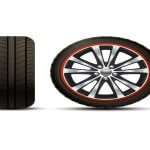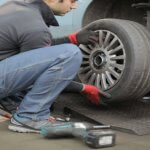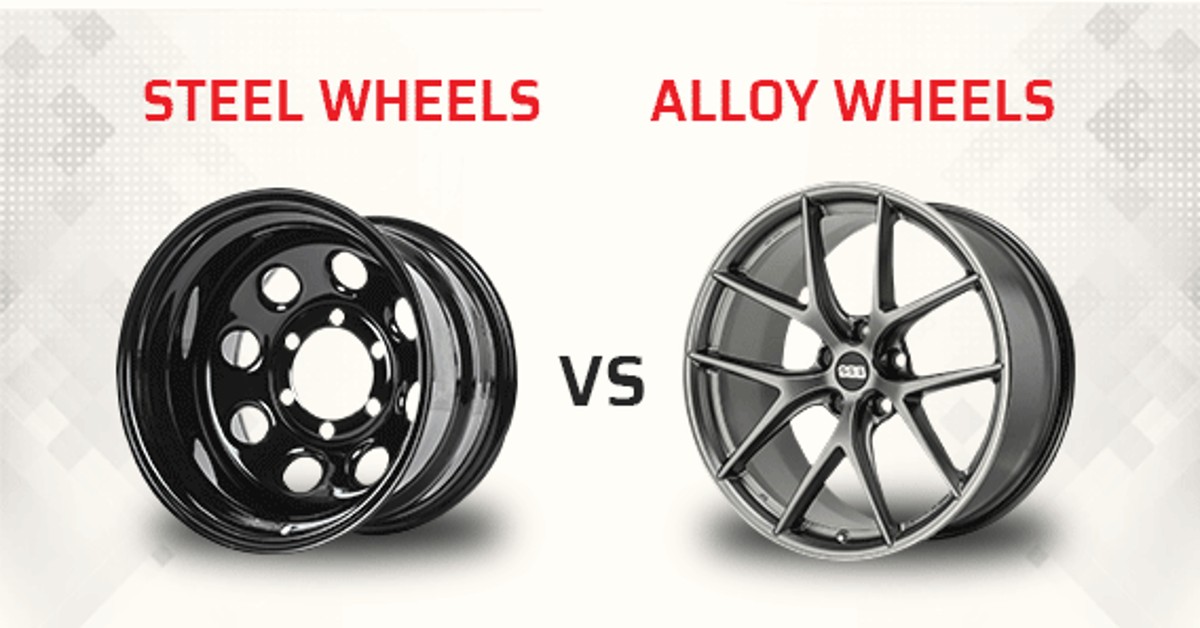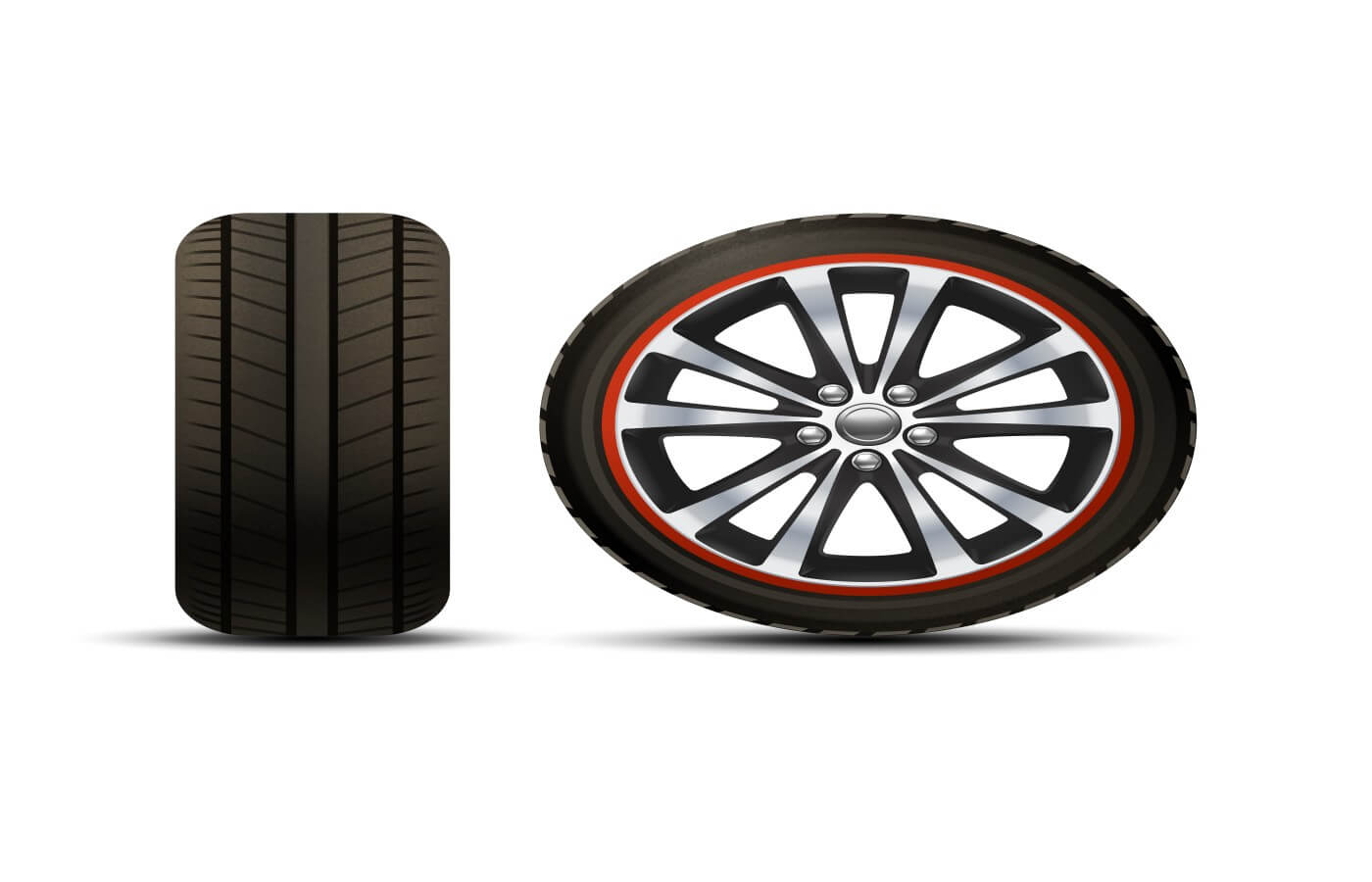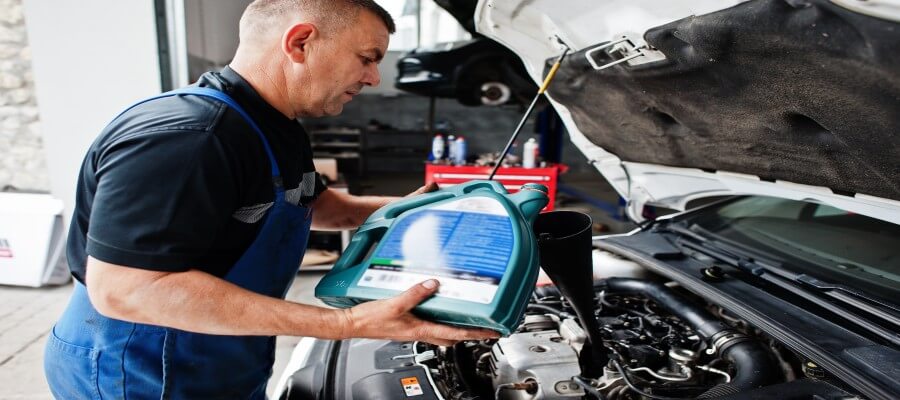We are sure a lot of different things come to your mind when you think about changing the look of your car’s exterior. The wheels, for example, rank first on the list. Many car owners invest a significant amount of money in alloy wheels.
It is critical to select the appropriate wheels for your car. Alloy Wheels vs. Steel WheelsSteel and alloy wheels are the most popular wheels found in automobiles. Carbon fiber is one of the few alternative varieties, but it is extremely rare and expensive.
Table of Contents
What are alloy wheels?
A blend of two or more elements, at least one of which is a metal, is known as an alloy. Alloys are created to improve strength, corrosion resistance, and cost. Some light metals are blended to obtain the appropriate structural integrity in the in-fashion alloy wheels in automobiles,
such as aluminum, nickel, and magnesium, to mention a few. Because we’re comparing alloy and steel wheels, it’s important to remember that steel is an alloy created by combining iron and carbon.
When alloy wheels are mentioned, it refers to a wheel manufactured from a combination of metals, such as aluminum or magnesium. Alloy wheels are often known as mag wheels because of the metals used in their construction.
Alloy wheels are normally made by casting or forging, while alternative methods such as gravity casting have been used in the past. In the end, they’re promoted as being lighter than steel wheels,
and forged wheels are generally more durable than cast wheels. Alloy wheels can be produced and manufactured using many complex designs. Because of that, alloy wheels look classy and very different from other wheels available in the market.
Also read:https://vehiclecare.in/blaze/everything-about-wheel-alignment/
Advantages of alloy wheels
Alloy wheels are a popular choice of wheels among car owners. They have many different advantages as well. The following are some of the few advantages of alloy wheels:
Lighter than steel
Alloy wheels are very lightweight when compared to steel wheels. They are very different in comparable sizes. This is due to the fact that aluminum and magnesium are both lighter metals than steel.
These wheels’ minimal weight is beneficial not just in terms of weight reduction, but also in terms of performance and vehicle handling. They also make it easier to steer the car.
As a result of the frequent jerks experienced by the passengers, greater weight in this unsupported system leads to poor ride quality. Vehicle handling is also affected by increased weight.
Aesthetically appealing
Steel wheels will never look as nice as alloy wheels, and the cosmetic boost, as well as the increased visual impact that alloy wheels bring, is one of the main reasons why people choose them. Your vehicle will clearly stand out from the crowd, increasing its value.
More efficient heat conduction and dissipation
Alloys were introduced into the manufacturing industry for one key reason: they transfer heat better than pure metals. In autos, this trait has been expanded, and alloy wheels can dissipate heat more effectively than typical steel wheels.
Improved fuel economy
Because alloy wheels are lighter than steel, as previously stated, enhanced performance and handling improve the vehicle’s fuel efficiency to some extent. Wheels that are not so heavy mean that the car will have to pull less weight comparatively. This will result in low consumption of fuel which is a very important factor in today’s time.
More Effective Braking
Alloy wheels have less unsprung weight, which improves traction, which is important during braking. Alloy wheels eliminate the wheel hop that occurs with steel wheels, lowering the chance of braking failure.
Anti-corrosion and anti-rust
Aluminum alloys are well known for their resistance to corrosion and rust. Alloy wheels composed of aluminum alloys are similar to steel wheels in that they are resistant to rust and corrosion.
Disadvantages of alloy wheels
Due to the aforementioned benefits, alloy wheels may be quite popular and appealing to car owners. Alloy wheels, like everything else, have their drawbacks. Here are some of them:
Less durability
Steel is one of the strongest metals we have; in fact, this property has made it a building and construction industry standard. Steel wheels are far more durable than alloy wheels, and they can withstand far more impact before giving way when exposed to rough terrain. This function is important because alloy wheels will not withstand the tests in regions with rough roads.
Manufacture, purchase, and repair costs are all higher
The production methods for alloy wheels are more sophisticated than those for typical steel wheels. This results in alloy wheels being extremely costly and more expensive than steel wheels. Steel wheels are also less expensive to repair in the event of damage than alloy wheels.
Massive attraction
The visual appeal of alloy wheels has the potential to attract the wrong kind of people. Take preventive measures, such as installing locking nuts, to ensure your mag wheels do not vanish.
Accidental fender bender
Although alloy wheels have various advantages over steel wheels, one crucial point to consider is that they are less durable. Because taking on the off-road adventure on alloy wheels will further crush your cash, you will be limited to just tarmacked surfaces.
What are steel wheels?
Steel wheels, as their name implies, are composed of steel, the most durable form of iron available in the automotive industry. Steel is utilized in major structures, railway tracks, building endoskeletons, foundations, and other applications due to its strength and durability. Steel wheels have been used in autos for a long time and are still widely used due to their durability.
Steel wheels have been a mainstay of the vehicle industry since the beginning. Wooden designs that were merely modified wagon wheels were the earliest vehicle wheels. However, as newer motors ran at higher speeds and put more strain on them, the need for stronger materials grew quickly.
The first steel-spoked wheels appeared around 1900. The first versions consisted of a steel hub connected to the rim by several steel wires. Steel wheels were introduced at the same time as air-filled tires, offering higher overall resistance to road flaws and increased passenger comfort.
Steel wheel designs have remained relatively unchanged over the last century, and while production processes have improved, most wheel advancements have been in the field of alloys rather than steel.
Steel wheels are often heavier than alloy wheels of the same size because they are hammered together from separate pieces of sheet metal. This reduces fuel efficiency, slows acceleration, and impairs handling. Steel wheels,
if left untreated or unpainted, are prone to rust and are more likely to bend or warp. However, their greatest advantage over alloy wheels is their substantially lower price. Steelies’ continued use and popularity among both manufacturers and drivers can be attributed to this factor alone.
Advantages of steel wheels
Steel wheels are the most common wheels that people are used to. They come with different advantages which makes them so common and preferable. The following are the advantages of steel wheels:
Price
Steel wheels are made by stamping them into the desired shape. Steel wheels are substantially less expensive to purchase, costing between 70% and 80% less than alloy wheels.
Durability
Alloy wheels are weaker than steel wheels. Steel wheels are used in sturdy, rugged SUVs for this reason. Many economical car manufacturers also use them as their first choice.
Repairability
Steel wheels are easier to fix than alloy wheels since they are more malleable. A steel wheel can be repaired by simply hammering the bent section back into shape.
Disadvantages of steel wheels
Nothing comes with only good things. There are certain drawbacks attached to everything, just like in the case of steel wheels. The following are the disadvantages of steel wheels:
Weight
Despite this, steel wheels are hefty, adding to the vehicle’s unsprung weight. The added weight of steel wheels puts a strain on the suspension after a while. However, being overweight isn’t always a terrible thing. Steel wheels provide higher traction and maneuverability, thus certain vehicles can benefit from this.
Corrosion
Salty and humid environments are not good for steel wheels. Steel wheels may, to some extent, withstand corrosion and rust thanks to modern paint technology such as powder coating.
Looks
This, of course, is subjective. Steel wheels, on the other hand, are not the first choice for luxury carmakers. The plain Jane, uninteresting appearance does not improve a vehicle’s street presence. Steel wheels, on the other hand, appear totally radical in some elegant vehicles.
Difference between alloy wheels and steel wheels
Before investing in a new car, people who are debating between steel and alloy wheels should consider a number of factors. The advantages and disadvantages of alloy wheels have already been mentioned. However, for those who are still undecided between alloy and steel, here are the differences.
- Alloy wheels are made up of around 80% aluminum and 20% other metals. Steel wheels are constructed entirely of steel sheets.
- Alloy wheels are significantly lighter than steel wheels, whilst steel wheels are significantly heavier.
- Steel wheels are exceptionally sturdy and long-lasting, whilst alloy wheels are similarly strong but not as long-lasting.
- Because the alloy wheel is lightweight, it improves handling, control, steering, and vehicle stability.
- Steel wheels are fairly classic in appearance and offer little style to the car’s appearance.
- Alloy wheels are more appealing to the eye and improve the overall appearance of the vehicle they are installed on.
Alloy wheels and steel wheels: Which one should you choose?
Steel is a low-cost, long-lasting material that is perfect for simple driving tasks. Steel wheels will keep your car on the road, perform in all weather conditions, and are significantly more shock, impact, and stress-resistant than other materials. Their higher weight, on the other hand, may compromise agility, acceleration, and fuel efficiency.
Alloy, on the other hand, is ideal for nimble, high-performance driving and may be customized to make your ride more appealing and beautiful. Each style of the wheel has its own characteristics, advantages, and disadvantages.



